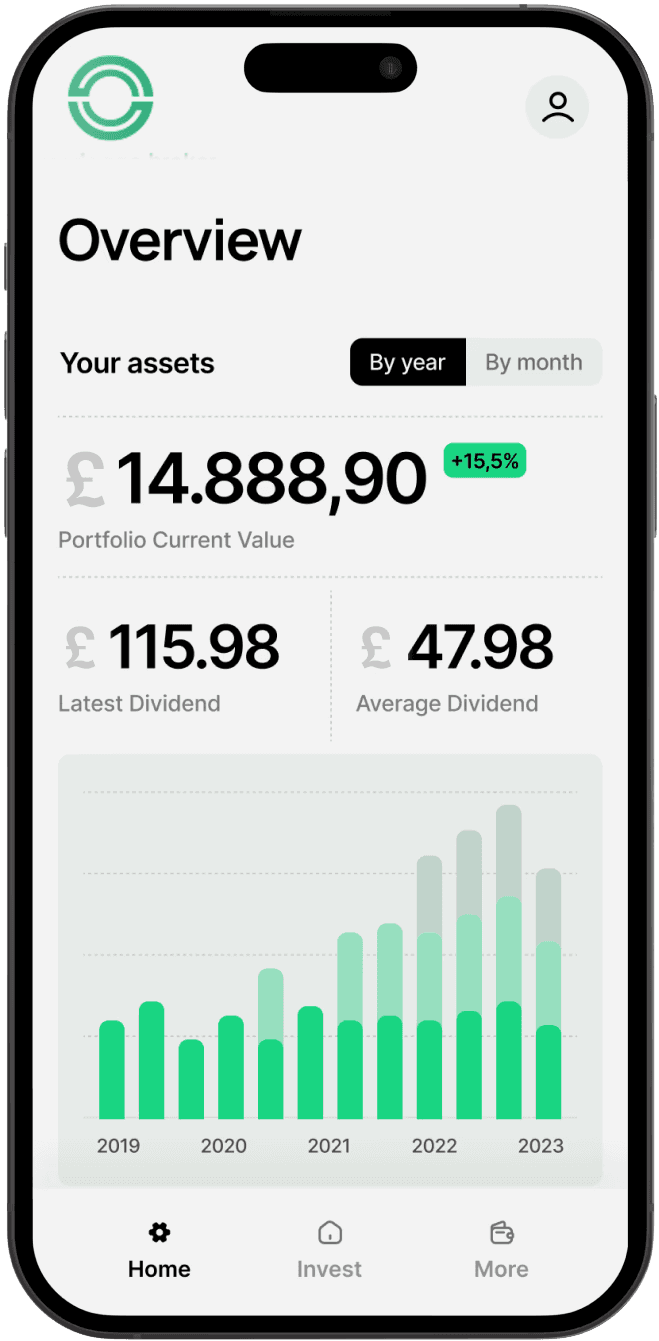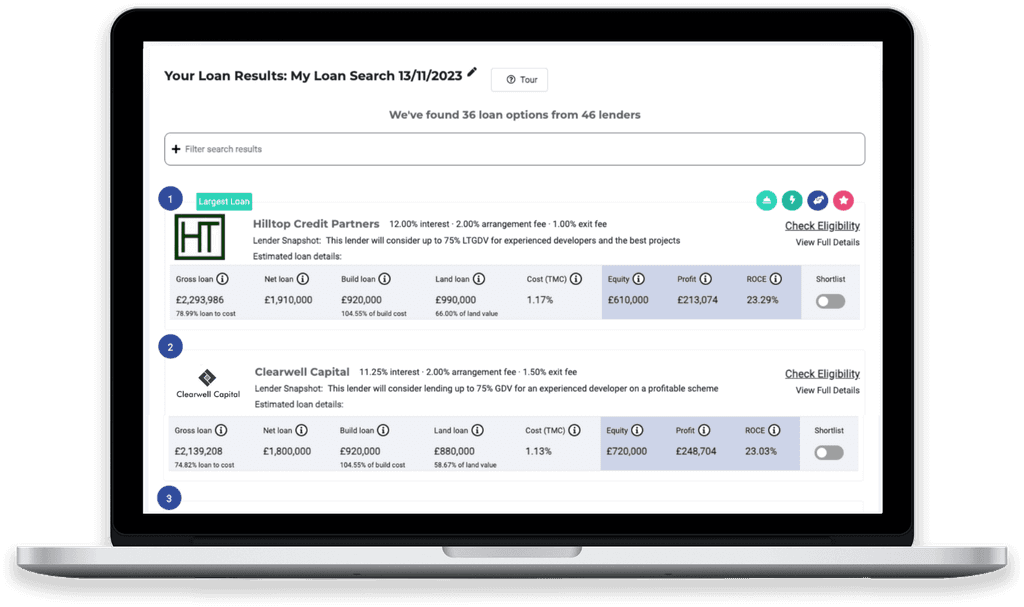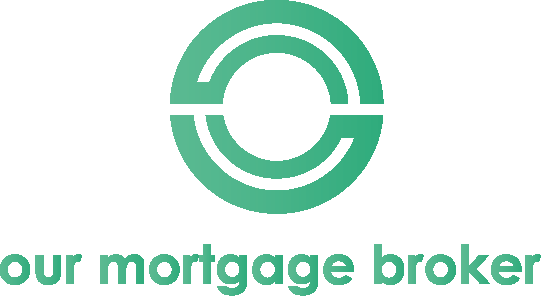Secure the funds you need with flexible Bridging Loans
Property Purchases: For acquisitions, auctions, or raising funds
Renovations & Construction: Provides financial backing for project
Chain Resolution: Supports when property chains face delays.















Meet your advisor

Akhil Mair
Available for work

Akhil Mair
Available for work

Akhil Mair
Available for work
1
Expert Knowledge: Years of experience in mortgage advising
2
Wide Lender Network: Access to over 135 trusted lenders
3
Personalised Service: Tailored advice to meet your unique needs
4
Customer Satisfaction: Committed to clear, responsive communication throughout
We Compare loans from 135+ lenders
We Compare loans from 135+ lenders
GET STARTED
What are you looking for today?
Bridging Finance
Planning Bridge
Purchase / Refinance
Refurbishment
Developer Exit
Commercial Mortgages
Commercial Term Finance
Owner Occupied
HMO's
Multi-Unit Freehold Blocks
Development Finance
New Builds
Permitted Developments
Conversions
Detailed Planning in place
We Compare loans from 135+ lenders
We Compare loans from 135+ lenders
With access to over 135 lenders, we find the perfect loan solution for you—quickly, efficiently, and with your goals in mind.
With access to over 135 lenders, we find the perfect loan solution for you—quickly, efficiently, and with your goals in mind.
CONTACT US
Your Questions, Our Expertise – Get in Touch
FAQs
Explore all the details about bridging loans and how they work below.
What is a bridging loan?
A bridging loan is a short-term financial solution designed to “bridge the gap” between the purchase of a new property and the availability of long-term financing, such as a mortgage, or the sale of another property.
How long can I take out a bridging loan for?
Bridging loans are typically available for terms of 1 to 12 months for regulated loans and up to 24 months for non-regulated loans. The exact term depends on your needs and exit strategy.
What is an exit strategy, and why do I need one?
An exit strategy is the plan for repaying your bridging loan, which could involve selling a property, refinancing, or using other funds. Lenders require this to ensure you can repay the loan at the end of the term.
How much deposit do I need for a bridging loan?
The deposit usually ranges from 10% to 40% of the property’s value, depending on the loan type, property condition, and any planned renovations.
Are bridging loans more expensive than mortgages?
Yes, bridging loans typically carry higher interest rates due to their short-term nature and the associated risks. Monthly rates range from 0.5% to 1.5%, which is higher than traditional mortgages.
Can I get a bridging loan if I have bad credit?
It is possible to secure a bridging loan with bad credit, though the interest rates and deposit requirements may be higher. Lenders are more focused on the value of the security property and the exit strategy.
Still got questions?
If you don't find an answer to your question, contact us, and our team will get in touch with you.
FAQs
Explore all the details about bridging loans and how they work below.
What is a bridging loan?
A bridging loan is a short-term financial solution designed to “bridge the gap” between the purchase of a new property and the availability of long-term financing, such as a mortgage, or the sale of another property.
How long can I take out a bridging loan for?
Bridging loans are typically available for terms of 1 to 12 months for regulated loans and up to 24 months for non-regulated loans. The exact term depends on your needs and exit strategy.
What is an exit strategy, and why do I need one?
An exit strategy is the plan for repaying your bridging loan, which could involve selling a property, refinancing, or using other funds. Lenders require this to ensure you can repay the loan at the end of the term.
How much deposit do I need for a bridging loan?
The deposit usually ranges from 10% to 40% of the property’s value, depending on the loan type, property condition, and any planned renovations.
Are bridging loans more expensive than mortgages?
Yes, bridging loans typically carry higher interest rates due to their short-term nature and the associated risks. Monthly rates range from 0.5% to 1.5%, which is higher than traditional mortgages.
Can I get a bridging loan if I have bad credit?
It is possible to secure a bridging loan with bad credit, though the interest rates and deposit requirements may be higher. Lenders are more focused on the value of the security property and the exit strategy.
Still got questions?
If you don't find an answer to your question, contact us, and our team will get in touch with you.
FAQs
Explore all the details about bridging loans and how they work below.
What is a bridging loan?
A bridging loan is a short-term financial solution designed to “bridge the gap” between the purchase of a new property and the availability of long-term financing, such as a mortgage, or the sale of another property.
How long can I take out a bridging loan for?
Bridging loans are typically available for terms of 1 to 12 months for regulated loans and up to 24 months for non-regulated loans. The exact term depends on your needs and exit strategy.
What is an exit strategy, and why do I need one?
An exit strategy is the plan for repaying your bridging loan, which could involve selling a property, refinancing, or using other funds. Lenders require this to ensure you can repay the loan at the end of the term.
How much deposit do I need for a bridging loan?
The deposit usually ranges from 10% to 40% of the property’s value, depending on the loan type, property condition, and any planned renovations.
Are bridging loans more expensive than mortgages?
Yes, bridging loans typically carry higher interest rates due to their short-term nature and the associated risks. Monthly rates range from 0.5% to 1.5%, which is higher than traditional mortgages.
Can I get a bridging loan if I have bad credit?
It is possible to secure a bridging loan with bad credit, though the interest rates and deposit requirements may be higher. Lenders are more focused on the value of the security property and the exit strategy.
Still got questions?
If you don't find an answer to your question, contact us, and our team will get in touch with you.
Contact Us
Our Mortgage Broker Limted
23 Berkeley Square
Mayfair
London
W1J 6HE
0203 971 1234
info@ourmortgagebroker.co.uk
Our Mortgage Broker Limited
Our Mortgage Broker Limited, 23 Berkeley Square, Mayfair, London W1J 6HE
Our Mortgage Broker Limited is authorised and regulated by the Financial Conduct Authority. Our FCA number is 944663 and this can be checked by visiting www.fca.org.uk/register Our Mortgage Broker Limited is registered in England and Wales, registration number 11358646.
Contact Us
Our Mortgage Broker Limted
23 Berkeley Square
Mayfair
London
W1J 6HE
0203 971 1234
info@ourmortgagebroker.co.uk
Our Mortgage Broker Limited
Our Mortgage Broker Limited, 23 Berkeley Square, Mayfair, London W1J 6HE
Our Mortgage Broker Limited is authorised and regulated by the Financial Conduct Authority. Our FCA number is 944663 and this can be checked by visiting www.fca.org.uk/register Our Mortgage Broker Limited is registered in England and Wales, registration number 11358646.
Contact Us
Our Mortgage Broker Limted
23 Berkeley Square
Mayfair
London
W1J 6HE
0203 971 1234
info@ourmortgagebroker.co.uk
Our Mortgage Broker Limited
Our Mortgage Broker Limited, 23 Berkeley Square, Mayfair, London W1J 6HE
Our Mortgage Broker Limited is authorised and regulated by the Financial Conduct Authority. Our FCA number is 944663 and this can be checked by visiting www.fca.org.uk/register Our Mortgage Broker Limited is registered in England and Wales, registration number 11358646.








